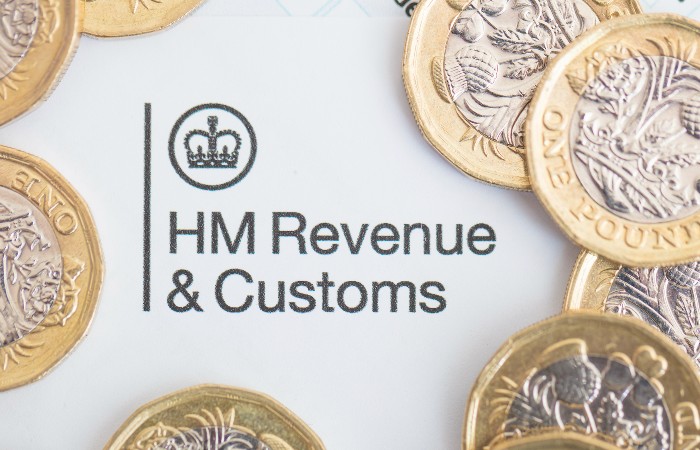We’ll resist HMRC raid on independents’ bank accounts, insists NPA
In Business news
Follow this topic
Bookmark
Record learning outcomes
This story was originally published by Independent Community Pharmacist.
The National Pharmacy Association has added its voice to the growing chorus of disapproval over HMRC’s decision to classify locums as employees for tax purposes, insisting it would “resist” any “raid” on the bank accounts of independents who are already under “enormous” financial pressure.
The NPA’s director of corporate affairs Gareth Jones told Independent Community Pharmacist that independents “can ill-afford a tax hit” following concerns aired in recent days by the Company Chemists Association that the community pharmacy sector faces an additional tax bill of at least £550 million for the six years to 2020-21 if all locum pharmacists were classed as employees.
Insisting that a retrospective tax clawback “would be deeply unjust,” Jones said: “There are high expectations within government and NHS about what community pharmacy can deliver in the years ahead, but these cannot be fulfilled if new investment in NHS services is siphoned away by HMRC.
“The NPA would vehemently resist any such raid on the bank accounts of independent pharmacies, who have acted in good faith in accordance with approved guidance all along.”
CCA members have reportedly been in dispute with HMRC over its conclusion that all locums used by all pharmacies should be employed for tax purposes. In August last year, HMRC made a settlement offer to large pharmacy chains for backdated income tax and employers’ national insurance but CCA members reportedly pushed back against that.
CCA chief executive Malcolm Harrison told the Financial Times that any “unwarranted” tax bills for companies would put pressure on margins and lead to the closure of pharmacies.
He later told ICP that his members had met with HMRC on several occasions and accused it of “repeatedly” refusing “to evaluate the impact the measure could have on patients” if pharmacies in England, Scotland and Wales are hit with large tax bills.

